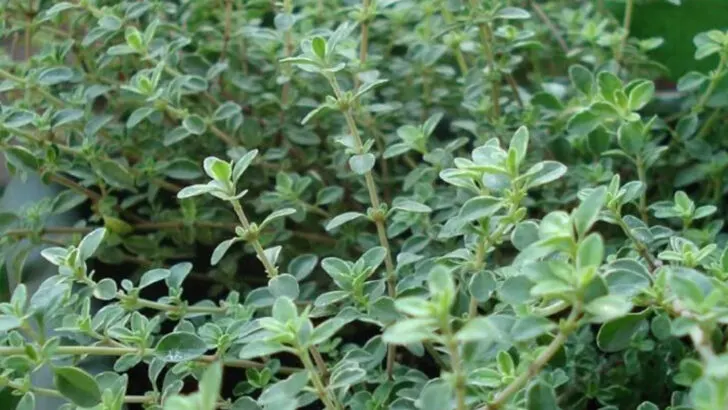Chronic inflammation is behind more health issues than most people realize—from fatigue and skin flare-ups to joint pain and digestive trouble. While diet and lifestyle both play key roles, one natural solution is literally growing all around us: anti-inflammatory herbs. The best part? Many of them are incredibly easy to grow at home.
In this guide, we’re sharing 15 powerful herbs that fight inflammation—naturally—and are beginner-friendly to grow. Whether you’re tucking turmeric into a container, snipping fresh oregano from your balcony, or brewing lemon balm tea straight from your garden, these herbs deliver real, science-backed benefits while elevating your meals, teas, and tonics.
At Plantisima, we believe every garden—no matter how small—can become a source of healing. These herbs do double-duty: supporting your body from the inside out while bringing beauty, scent, and vitality to your growing space. Ready to plant your way to a calmer, more balanced you? Let’s dig in.
Turmeric
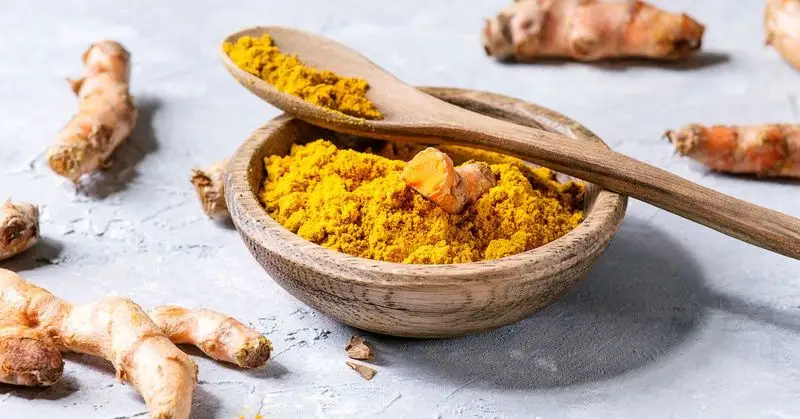
The golden glow of turmeric isn’t just a feast for the eyes. Revered in traditional medicine, it offers curcumin, a compound celebrated for its anti-inflammatory prowess. An ancient staple in Asian kitchens, turmeric is now a modern favorite in smoothies and teas.
Easily grown in warm climates, this herb requires minimal fuss. Just a sunny spot and well-drained soil to thrive. Besides culinary delights, consider its vibrant presence a garden ornament.
Did you know? Turmeric’s roots can be harvested after nine months, yielding spice that’s fresh and organically yours.
Ginger
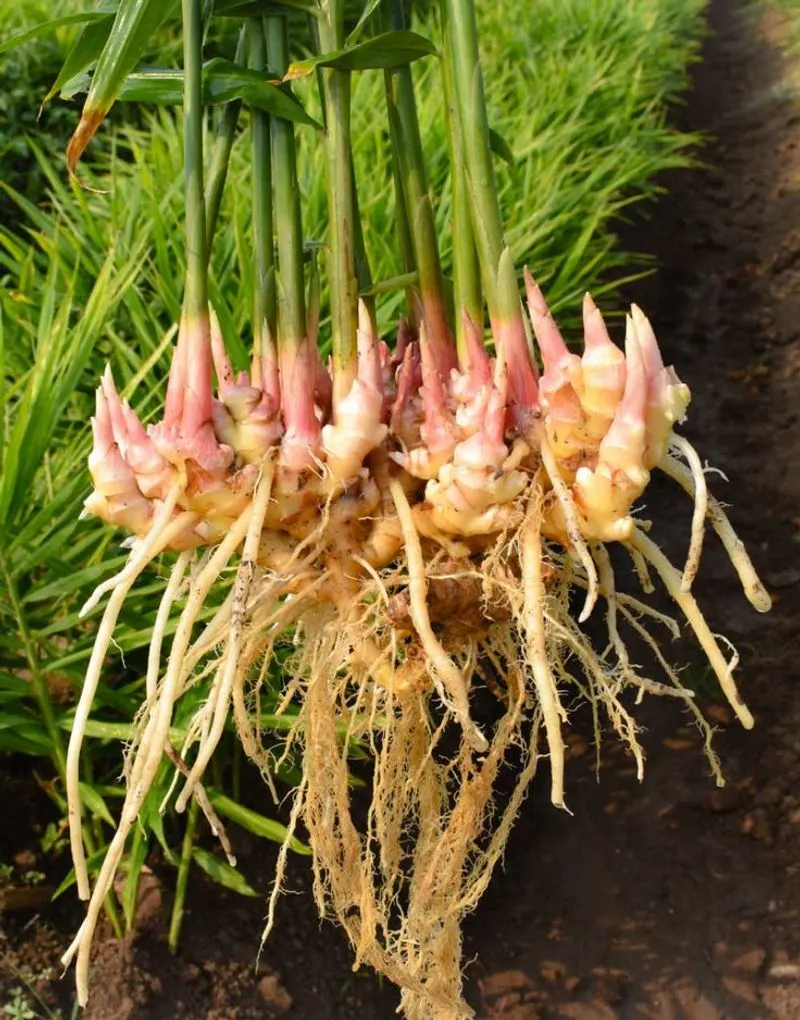
With a zingy flavor that wakes up the palate, ginger is more than a culinary star. Its anti-inflammatory benefits are well-documented, often used to soothe digestive issues.
Cultivating ginger is straightforward, particularly in tropical and subtropical regions. Plant its rhizomes in rich soil, providing ample moisture without waterlogging.
The charm of ginger extends beyond its health benefits. Its aromatic qualities are a fragrant addition to any garden. Fun fact: Ginger’s active compounds, gingerols, have been used in traditional remedies for centuries.
Rosemary
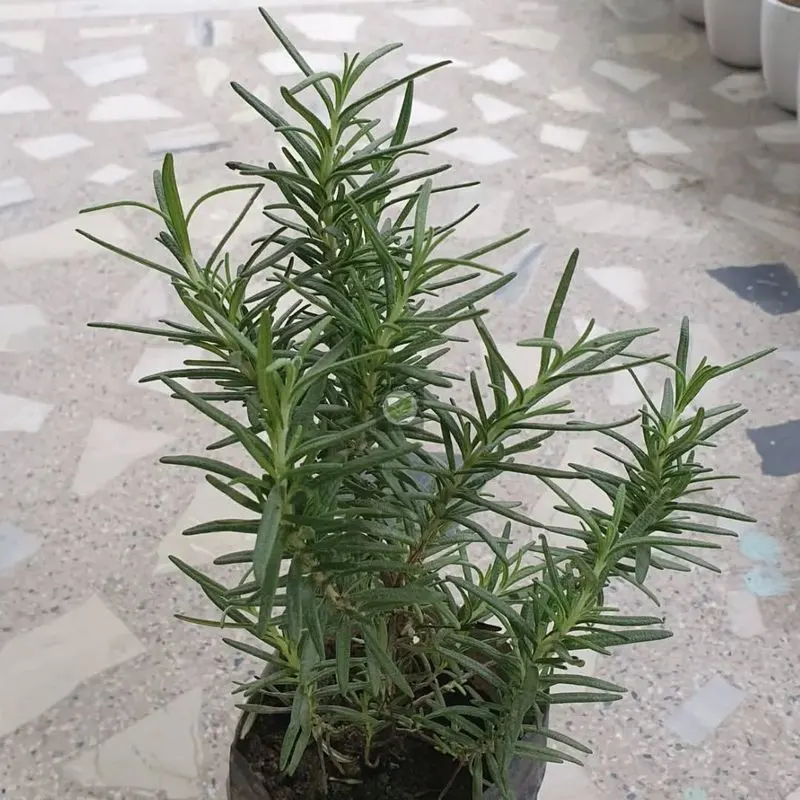
The aromatic allure of rosemary is impossible to ignore. Known for enhancing culinary creations, it also harbors anti-inflammatory properties that make it a garden essential.
Growing rosemary is a breeze, thriving in well-drained soil and basking in sunlight. Its woody stems and needle-like leaves offer a rustic charm to any outdoor space.
Besides its savory contributions, rosemary’s history is rich with folklore, often symbolizing remembrance. A sprig of rosemary might just be the perfect companion for your garden strolls.
Basil
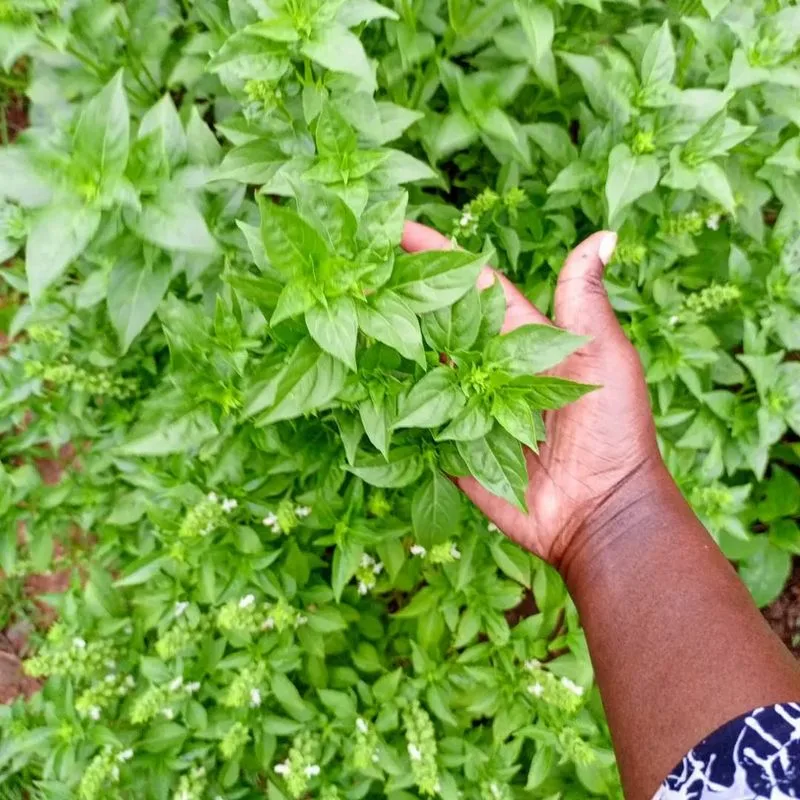
Basil’s sweet aroma is synonymous with fresh, delicious meals. However, its essential oils also provide anti-inflammatory benefits. A staple in Mediterranean cuisine, basil’s versatility extends beyond the kitchen.
This herb flourishes in warm weather, needing rich soil and regular watering. A sunny windowsill is ideal for smaller spaces.
Basil is more than a pretty garnish. Its invigorating scent can uplift any home. Did you know? Ancient Egyptians used basil in embalming practices, appreciating its aromatic qualities long before its culinary fame.
Peppermint
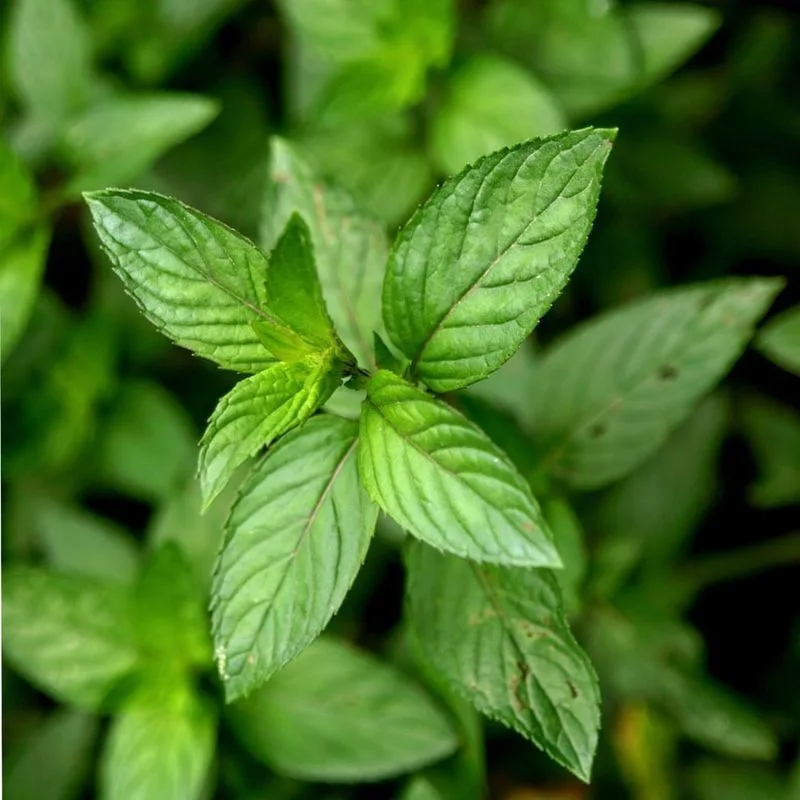
Peppermint, with its refreshing scent, is a classic herb known for its calming effects on the stomach. Its anti-inflammatory properties make it a valuable addition to any herb garden.
Growing peppermint is a straightforward task. It thrives in partial sunlight and requires regular watering without becoming soggy.
The cooling sensation of peppermint is not only a relief for digestion but also a delight for the senses. A quirky fact: Peppermint is a hybrid of watermint and spearmint, offering the best of both.
Sage
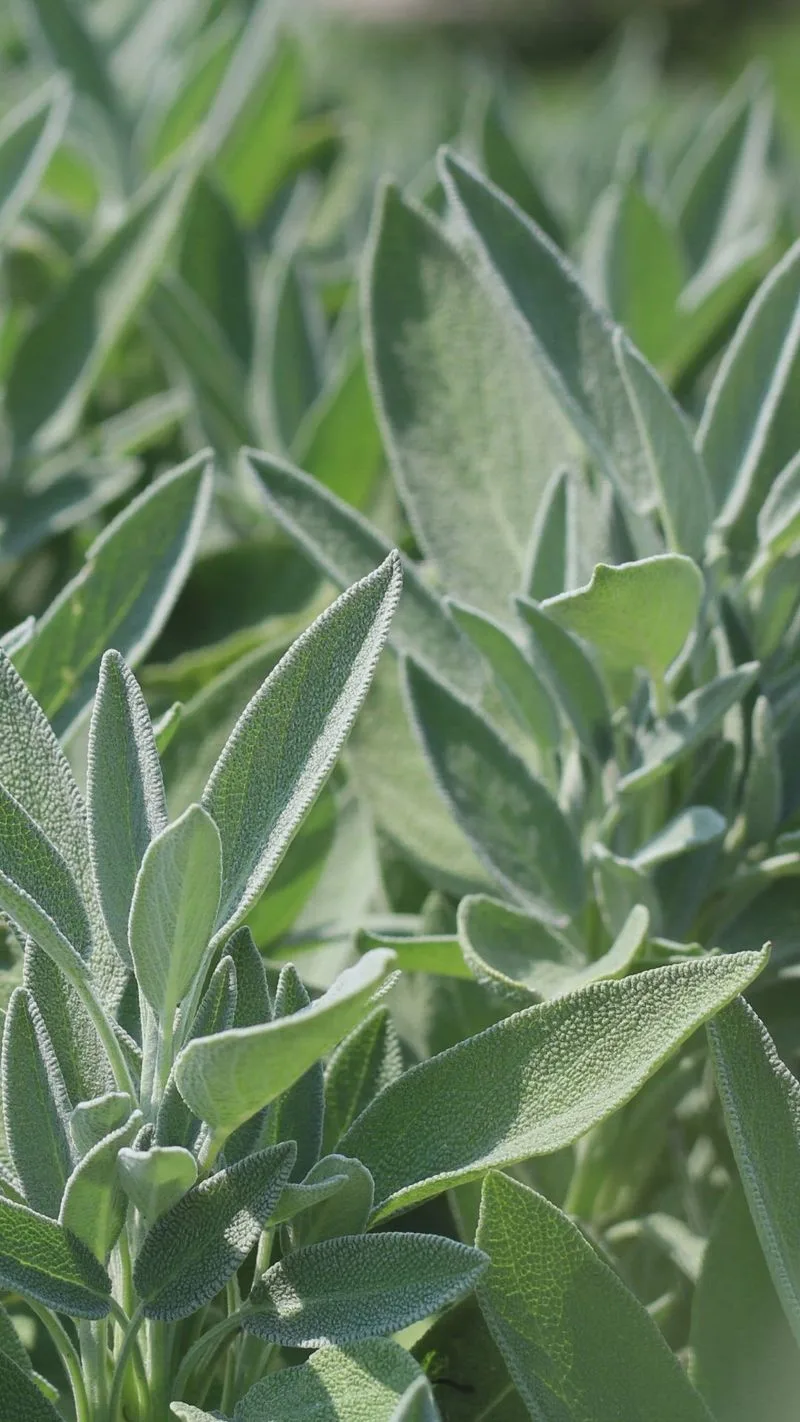
Sage offers more than just wisdom. Its anti-inflammatory components are used traditionally to alleviate sore throats and digestive discomfort.
This hardy herb grows well in various conditions, preferring full sun and well-drained soil. An ideal candidate for a bright kitchen window or a cozy garden nook.
The earthy fragrance of sage is both grounding and invigorating. Historically, it has been used in ceremonial practices, revered for its purifying properties.
Lemon Balm
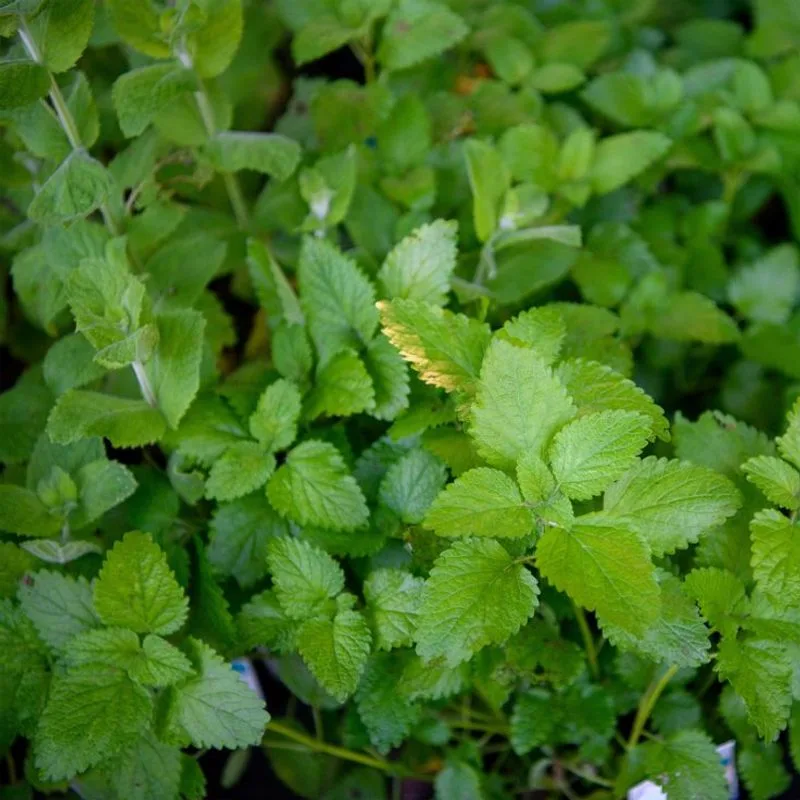
Lemon balm, with its citrusy fragrance, is a delightful herb that calms and soothes. Known for its anti-inflammatory effects, it’s a gentle helper during cold and flu season.
This herb is easy to grow, enjoying a mix of sun and shade. Regular pruning encourages bushy growth and enhances its refreshing aroma.
Apart from its health benefits, lemon balm is a charming addition to teas and desserts. Historically, it was cherished by beekeepers for attracting bees with its sweet scent.
Thyme
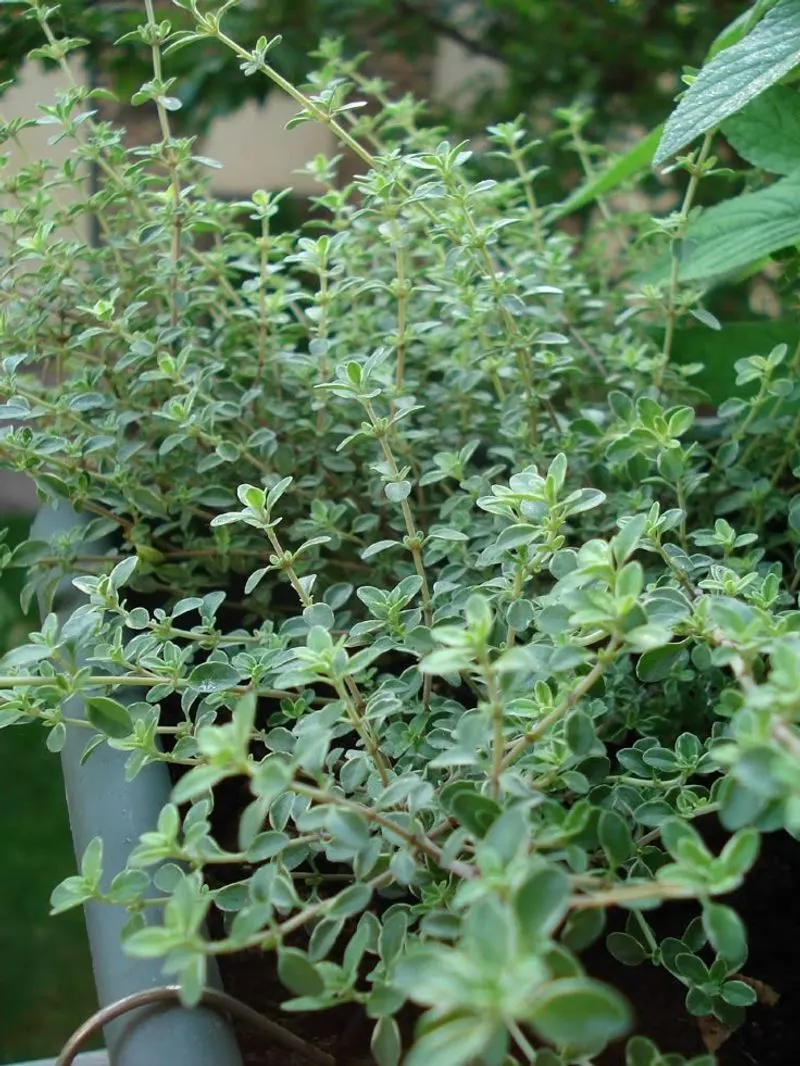
Tiny but mighty, thyme offers a wealth of health benefits. Its essential oils possess anti-inflammatory properties, making it a staple in natural remedies.
Thyme is a resilient herb, flourishing in well-drained soil and full sunlight. It adds a touch of Mediterranean charm to any garden landscape.
Besides its culinary uses, thyme has been a symbol of courage and strength throughout history. A sprinkle of thyme could be the subtle touch your home-cooked meals need.
Lavender
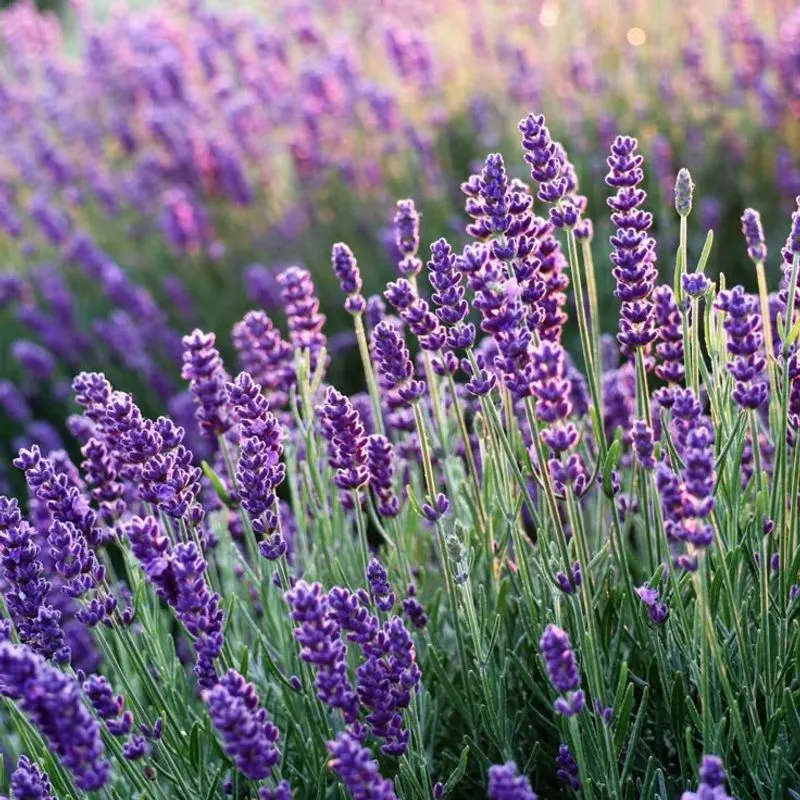
Lavender’s enchanting fragrance isn’t just for relaxation. Its anti-inflammatory properties benefit skin health, often used in soothing balms and lotions.
Cultivating lavender requires a sunny spot and well-drained soil. Its purple blooms and sweet scent are a sensory delight in any garden.
Beyond its calming presence, lavender is steeped in lore and tradition. Known in ancient times for its cleansing properties, it remains a timeless garden favorite.
Echinacea
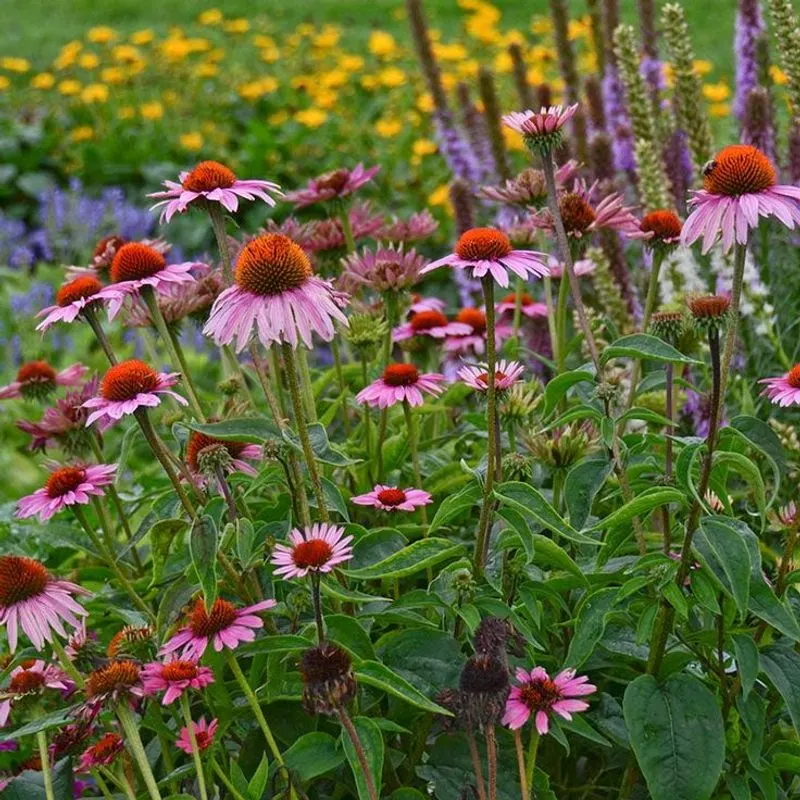
Echinacea, with its striking blooms, is more than eye candy. Well-regarded for its immune-boosting and anti-inflammatory properties, it’s a must-have for health-conscious gardeners.
This perennial thrives in sunny spots and tolerates various soil types. Its daisy-like flowers attract pollinators, adding life and color to any garden.
Historically, echinacea was used by Native Americans for medicinal purposes. Today, it continues to be celebrated for its health-enhancing qualities.
Chamomile
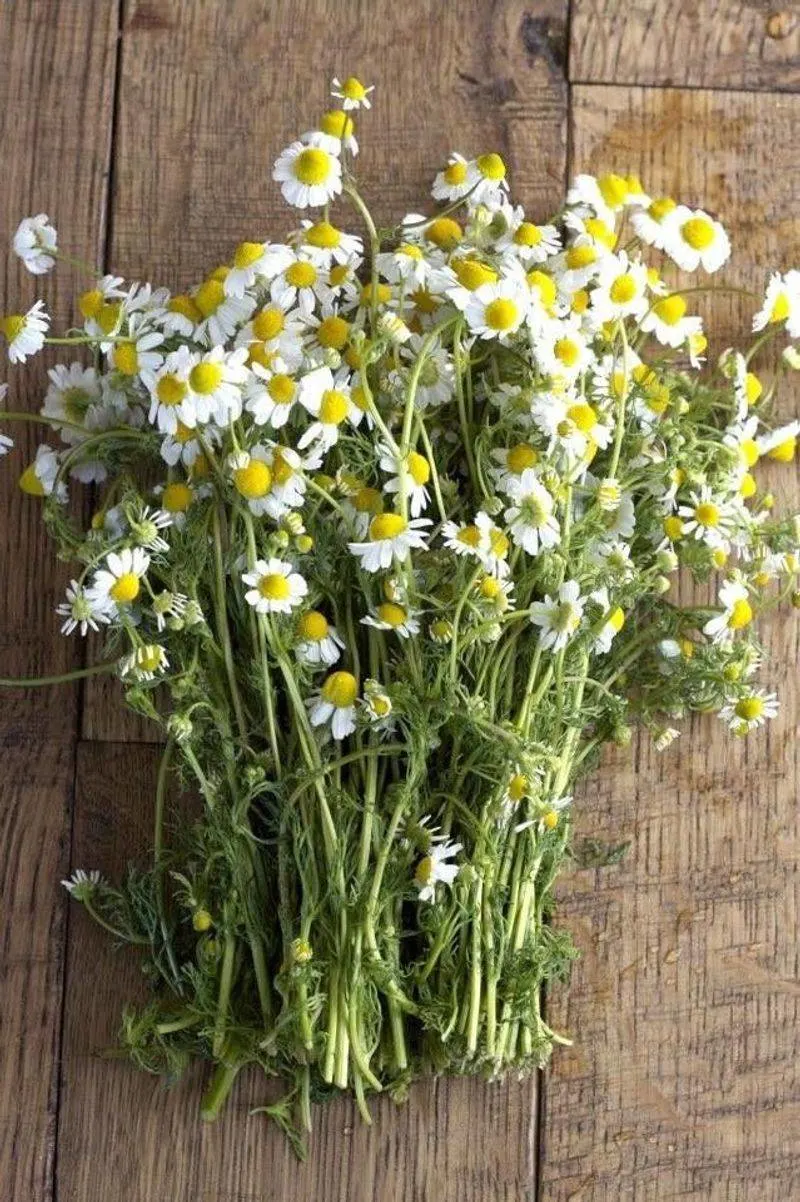
Chamomile’s delicate flowers might remind you of calming teas. Their anti-inflammatory properties make them perfect for soothing upset stomachs and irritated skin.
Growing chamomile is a breeze. It prefers well-drained soil and moderate sunlight. Its dainty flowers add a graceful touch to any garden corner.
Beyond its visual appeal, chamomile has a rich history in herbal medicine. Known for its calming effects, it’s a staple in many homes for nighttime relaxation.
Dandelion
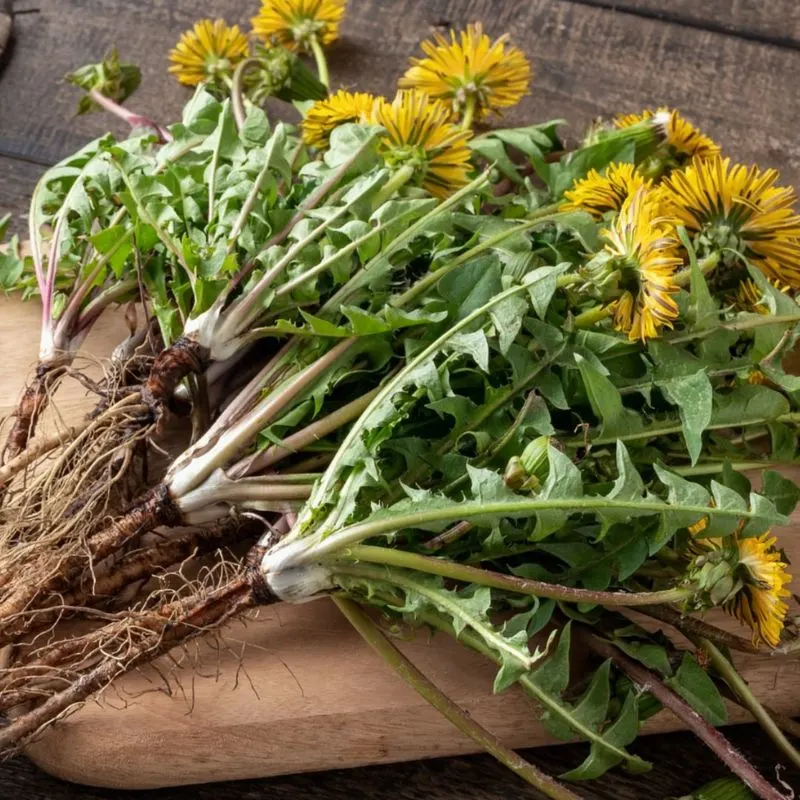
Often mistaken for a mere weed, dandelion offers significant health benefits. Its anti-inflammatory properties are complemented by its ability to support liver health.
Dandelions thrive in various soil types, often growing where least expected. Their bright yellow flowers and puffball seeds are a cheerful garden presence.
In the past, dandelions were used in traditional remedies for detoxification. Today, they are appreciated for their role in herbal teas and salads.
Fennel
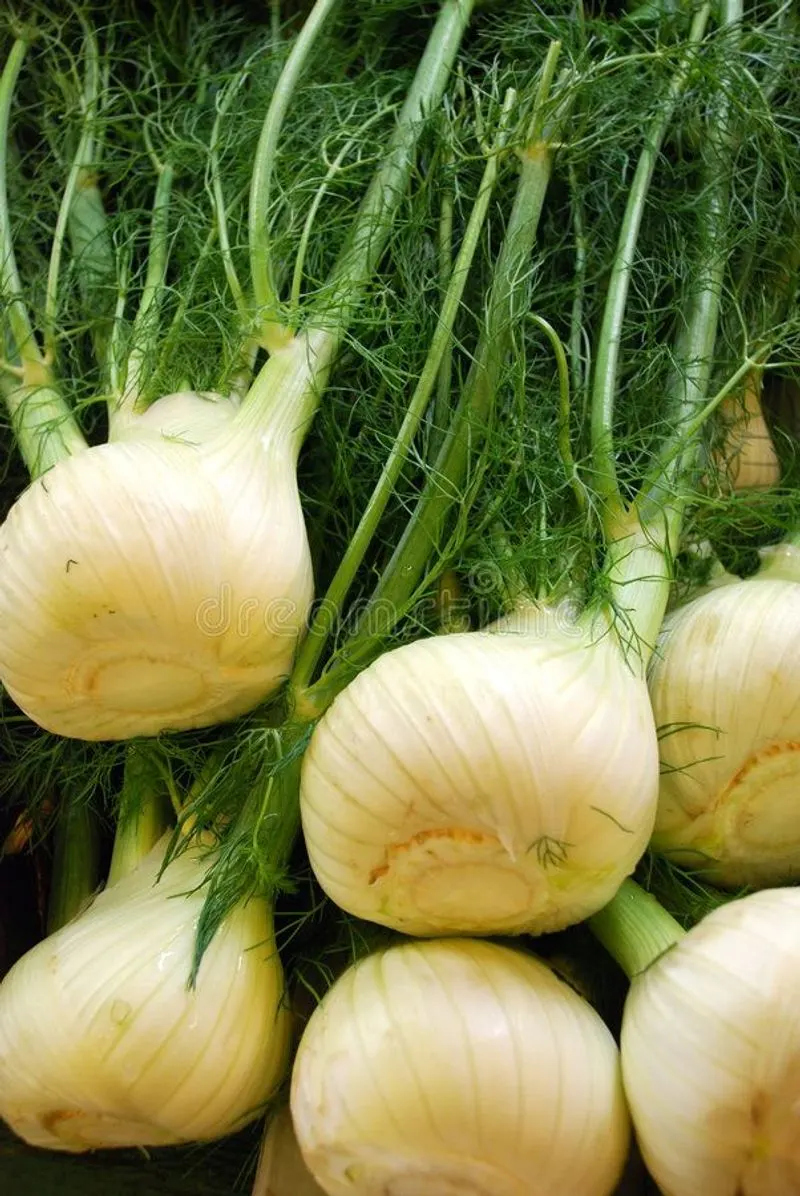
Fennel’s unique flavor and anti-inflammatory benefits make it an herb worth growing. Known for aiding digestion, it’s a favorite in culinary and medicinal uses.
Easily cultivated in gardens, fennel loves sunny spots and well-drained soil. Its tall, feathery fronds sway gracefully in the breeze.
Fennel has been cherished since ancient times, once revered by Roman warriors for strength. Its aromatic seeds and bulbs continue to be a kitchen staple.
Oregano
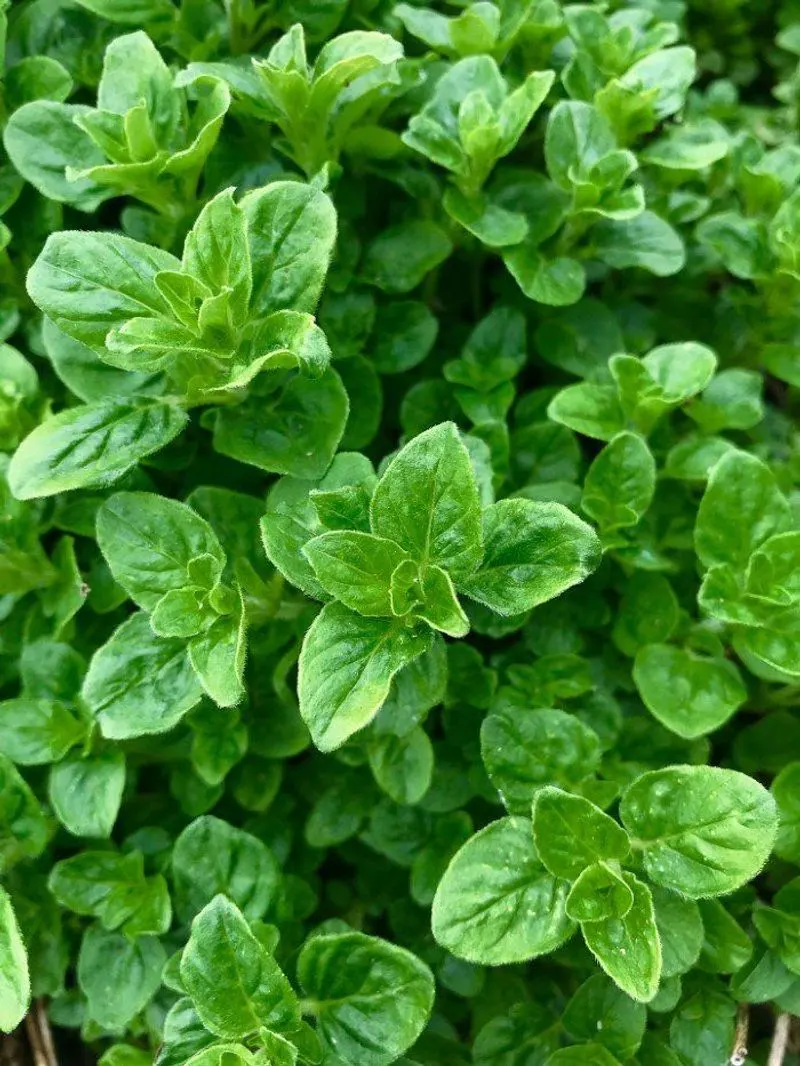
Oregano’s robust flavor isn’t its only charm. With anti-inflammatory and antioxidant properties, it’s a versatile herb for both health and cuisine.
Growing oregano is uncomplicated, thriving in sunny environments with well-drained soil. Its resilience makes it a prevalent choice for home gardens.
Besides its culinary fame, oregano was used in ancient medicine for its healing properties. A pinch of oregano might be the secret ingredient for your next dish.
Parsley
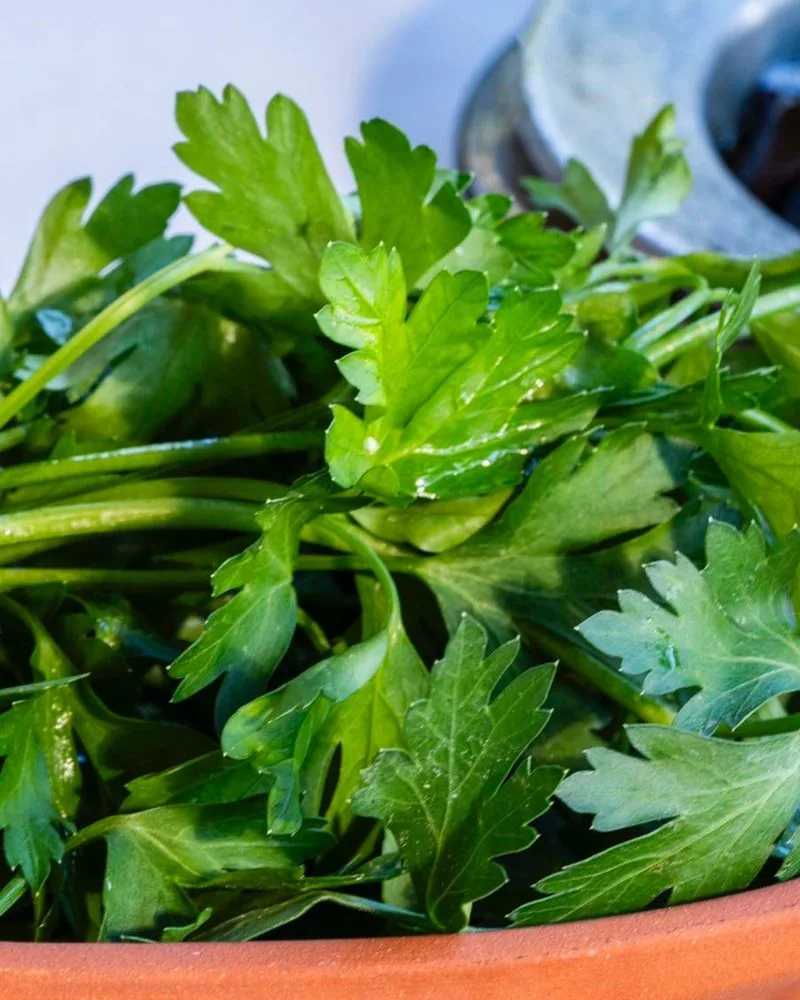
Parsley’s role as a garnish is just the beginning. It boasts anti-inflammatory properties that contribute to its health benefits.
This easy-to-grow herb prefers sunny spots and regular watering. Its vibrant green leaves are a fresh addition to any kitchen garden.
Beyond its culinary use, parsley is a cleansing herb historically used in detoxification. It’s a flavorful ally in maintaining wellness.

